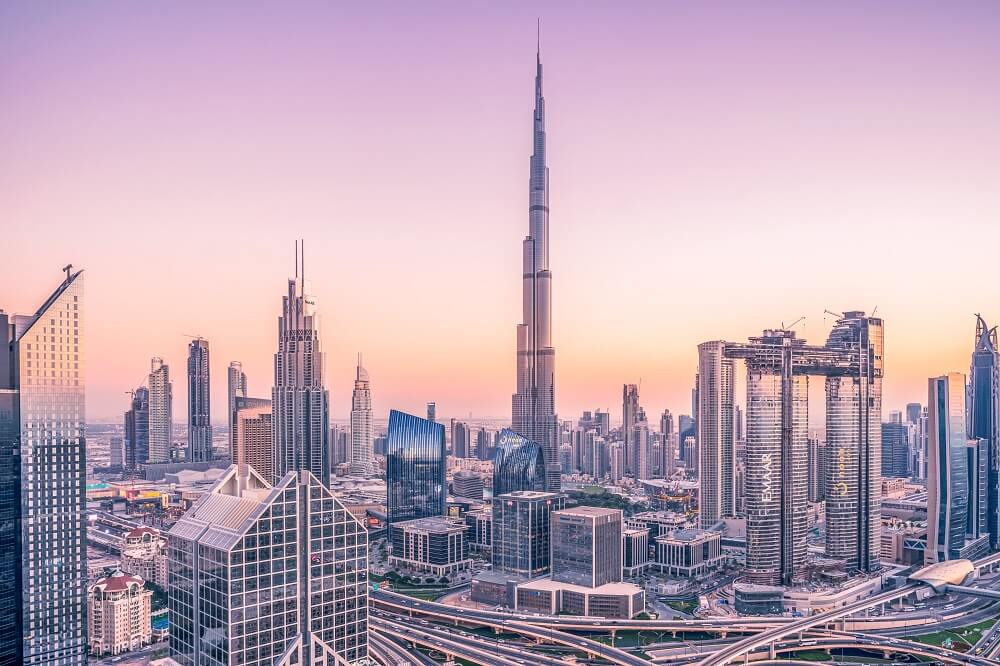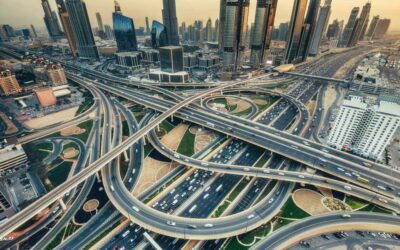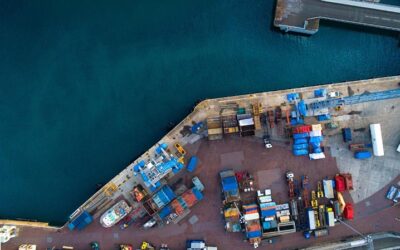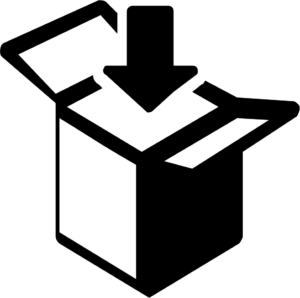One Free Zone Passport; Boosting Trade and Economic Ties
Last year in 2019, the Dubai Free Zone council held its 12th meeting in which members discussed development initiatives to boost trade. This meeting resulted in an agreement according to which Dubai Government will take an initiative called “One Free Zone Passport” which aims to promote business and its opportunities and, make it easier for companies to work across multiple free zones in the emirate. It allows companies that are licensed in any of the free zones to operate in the other free zones of Dubai without requiring another license.
What are free zones? There are specific characteristics that make up a free zone
Free zone areas are exempted from:
- The import and export taxes are exempted fully
- Full repatriation of capital and profits.
- Corporate tax is exempted for up to 50 years.
- No personal income taxes are imposed.
Moreover, there are some leverages that the business owner can have:
- One can get full foreign ownership of the enterprise
- Assistance with labor recruitment and additional support services are provided, such as sponsorship and housing also fall into this category.
- Apart from these, the free zones also help lower the distance between the ports, airports, and highways which results in timely and efficient export.
- These areas also provide good and efficient storage options.
The United Arab Emirates consists of 24 free zones across Dubai, Abu Dhabi, Sharjah, Fujairah, Ajman, Ras al-Khaimah and Umm al-Quwain including Jebel Ali Free Zone, Dubai International Financial Centre, Dubai Creative Clusters Authority, Dubai Airport Freezone, Dubai Multi Commodities Centre, Dubai South, Dubai Silicon Oasis Authority, Dubai World Trade Centre, Dubai Healthcare City, Meydan Free Zone, and International Humanitarian City.
Starting a business in free zones of Dubai can provide many opportunities and these free zones can prove to be very economical along with many other friendly initiatives taken. All of these things can make the trading process a lot easier.
Before the free zones were initiated many problems were faced while setting up any business in Dubai in the mainland. Following enlisted were major problems that were faced before the agreement of the free zone areas:
- The tariff trade barriers that include high taxes were imposed on the exporters.
- The ownership structure was not investor-friendly.
- Border barriers included many custom procedures, licensing requirements, classification of export or import and many burdensome rules and regulations.
- Technical barriers also occurred. In it, the products being traded were sometimes inspected with the improper testing method, incorrect labeling or certification requirements by the market.
- Because of the high costs, the trade included limited products. The higher import rates resulted that small businesses were not able to afford to pay these costs so that they offered fewer goods.
- Many companies make their revenue and money through international trade. The trade barriers impact economic growth and trade relations among countries.
The free zones have affected business activities all across Dubai. It has proven to be revolutionary in the business field. Following are the aspects in which it has proved to be beneficial:
- It has enabled one to operate the business owner’s office in more than one free zone and he/she can easily set up office and business if he has established his business in any of the free zones.
- Companies are able to bring goods to the free zone areas without any income tax and any other additional fees.
- Sometimes the finished product has higher duty rates than the cost of the product itself. But in free trade zones, these tariffs and taxes are not included as these are designated Freezone with zero taxes for inbound or outbound movement of goods.
- Free zones provide long term storage. Companies can hold their goods and fix their holding cost on inventory on a longer-term basis for 25-30 years inside the free trade zone.
- For a manufacturer, this becomes an ideal location for their factory setup as all their raw material and machinery are duty-free and they can operate within freezone with 100 ownership.
- Companies and manufacturers who wish to have a hub and spoke model for their distribution within GCC can also benefit from Freezones.






